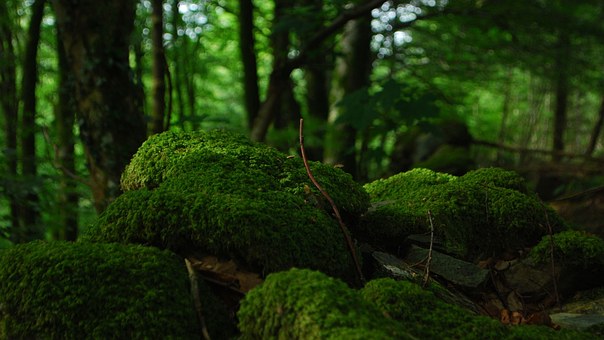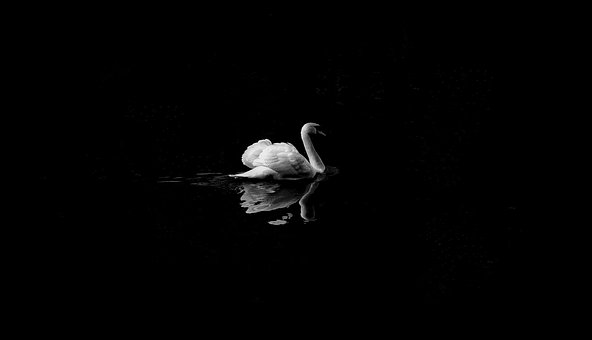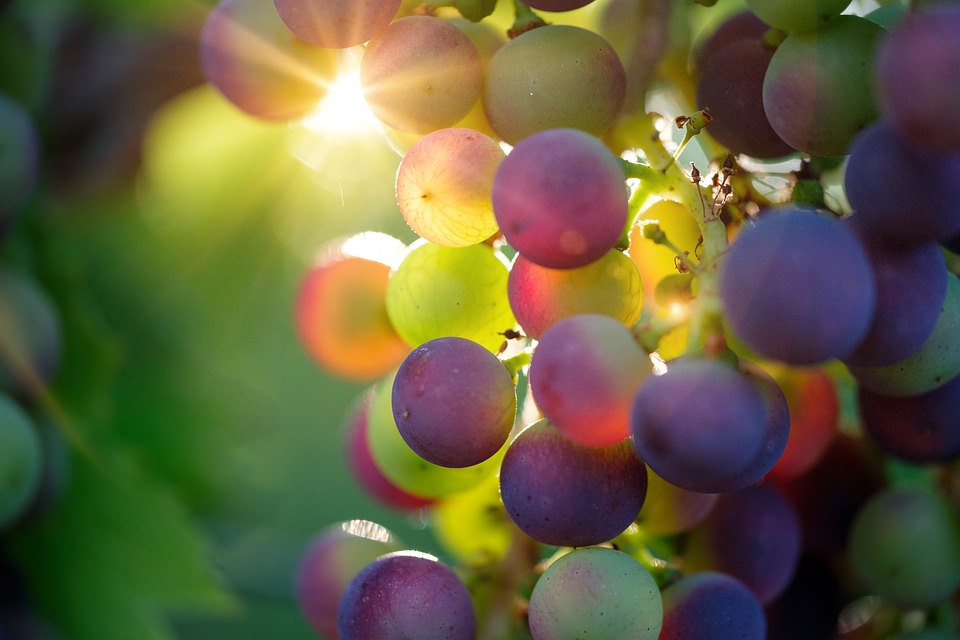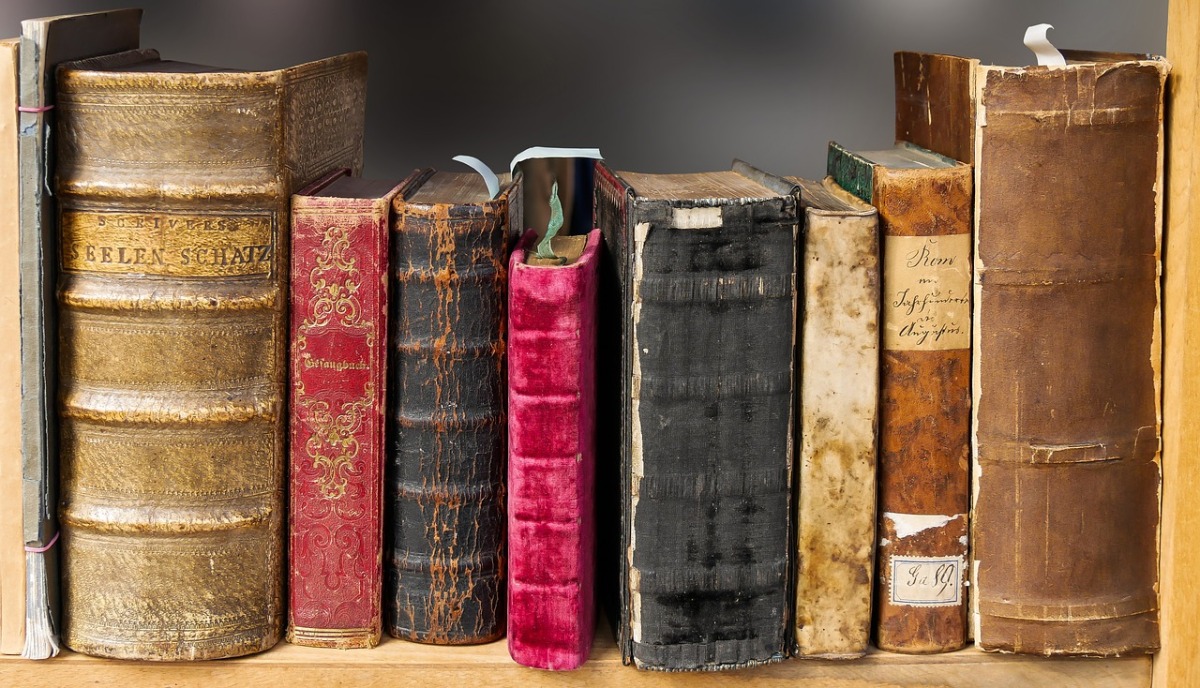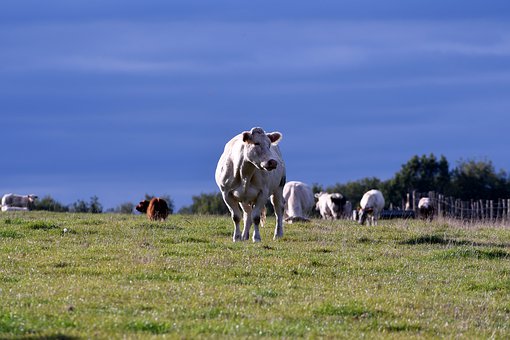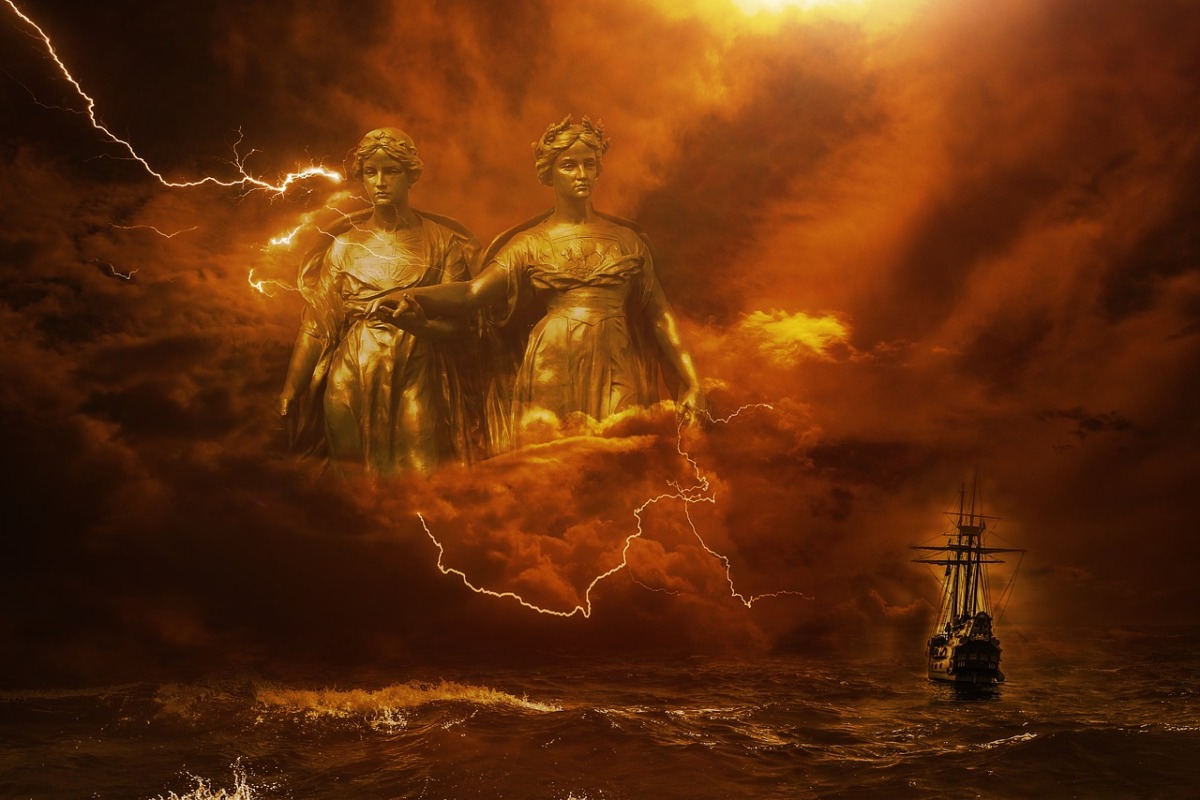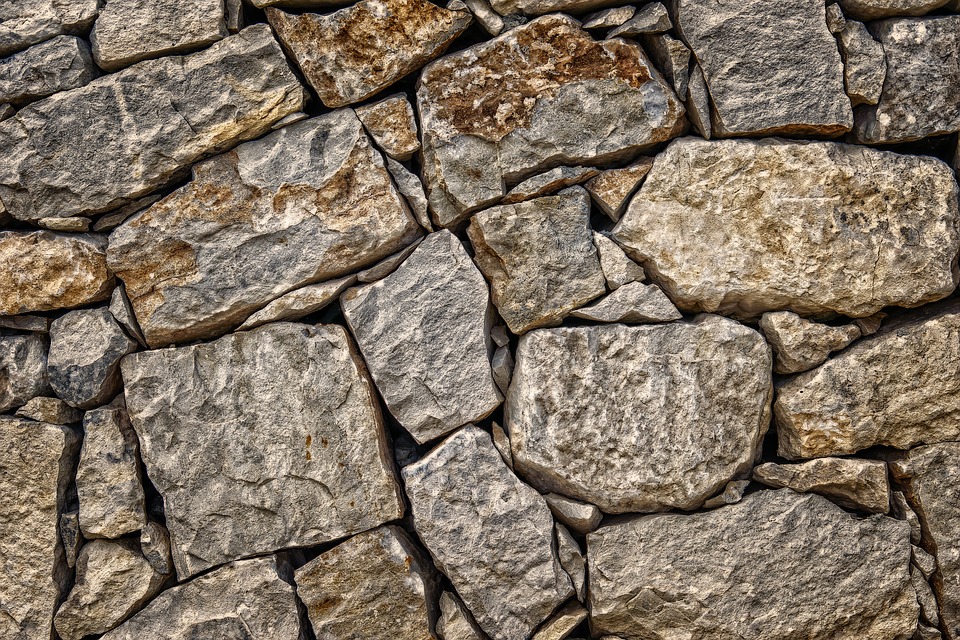Vegetation god. Celtic (Irish). The son of ERIU and of the Fomorian king Elatha. He is therefore part TUATHA DEDANAAN by parentage but, having become Lord of Ireland, he sides with the Fomorians in the Battle of Moytura and is defeated.
Tag: Irish
AENGUS
ORIGIN Celtic (Irish). Of uncertain status.
KNOWN PERIOD OF WORSHIP circa 500 BC or earlier until Christianization circa AD 400.
SYNONYMS Mac Oc; Aengus Oc.
CENTER(S) OF CULT Brugh na Boinne (Valley of the Boyne).
ART REFERENCES various monumental carvings and inscriptions.
Eriu
Fertility goddess. Celtic (Irish). An aspect of the MORRIGAN. One of the deities who were known as the “Sovereignty of Ireland” and wedded symbolically to a mortal king. Also a warrior goddess, capable of changing shape from girl to hag, and into birds and animals. She is patroness of the royal seat of Uisnech in County Meath. Eire and Erin are corruptions of her name.
Annales Cambriae
by Brian Edward Rise
The “Annals of Wales.” Latin history from the 10th century which follows the Historia Brittonum in the main body and compiled from previous chronicles, mostly Irish, and alludes to Arthur twice. It takes the form of a table spanning 533 years. Events are written next to some of the dates starting with a “Year One” at 447 CE. The first British entry is at Year 72 (approx. 518 CE). It makes note of, “the battle of Badon, in which Arthur carried the cross of Our Lord Jesus Christ for three days and three nights on his shoulders, and the British were victors.”
Boann
by Dr Anthony E. Smart
“She of the white cattle”. Irish goddess goddess of bounty and fertility, whose totem is the sacred white cow.
Also goddess of the River Boyne. She is the wife of the water god Nechtan or of Elcmar, and consort of the Dagda, by whom she was the mother of the god Aengus. To hide their union from Nechtan, Boann and the Dagda caused the sun to stand still for nine months, so that Aengus was conceived and born on the same day.
Anann
by Dr Anthony E. Smart
A form of the major Irish mother goddess; overlaps with Danu. Worshipped in Munster as a goddess of plenty. Gave her name to the Paps of Anu, twin hills in Co. Kerry. In her dark aspect, she formed a Fate trinity with Badb and Macha.
Lia Fail
by Alan G. Hefner
This is known as the Stone of Destiny, and was frequently mentioned in the medieval Irish romance. The belief is that when the feet of rightful kings rested on it the stone would roar for joy. In myth, the Tuatha DéDanann first brought the stone to Ireland.

